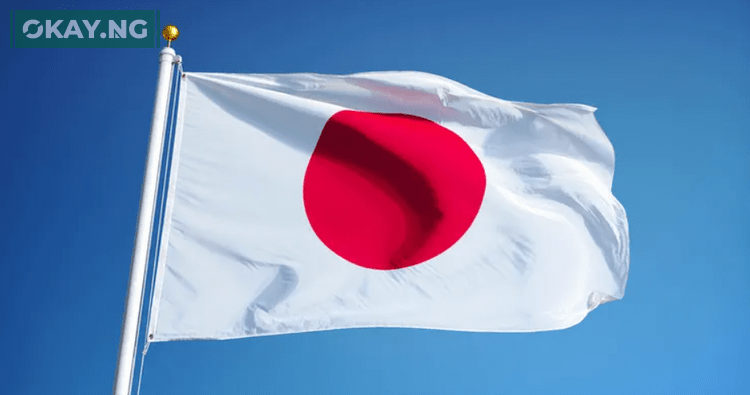The Japan International Cooperation Agency (JICA) has officially scrapped its “Africa Hometown” project after growing confusion over whether it included special immigration opportunities for Nigerians and other Africans.
In a statement released on Thursday, JICA explained that its vision was misinterpreted, leading to widespread speculation about a new visa category for Nigerians seeking to relocate to Japan.
Reports had earlier circulated in Nigeria in August, suggesting that the Japanese government was creating a “special visa category” for highly skilled and innovative Nigerians to move to Kisarazu City. This prompted the State House Director of Information, Abiodun Oladunjoye, to issue a statement at the time reinforcing the claim.
JICA clarified, however, that the use of the word “hometown” and the idea of “designating” Japanese cities as homes for Africans caused “misunderstandings and confusion within Japan, placing an excessive burden on the four municipalities.”
The statement read:
“Originally, under this initiative, it was envisioned that exchange programs would be coordinated and implemented among the Japanese local governments, relevant African countries, and JICA. The specific details were to be determined later.
“However, JICA believes that the very nature of this initiative—namely, the term ‘hometown’ and the fact that JICA would ‘designate’ Japanese local governments as ‘hometowns’—led to misunderstandings and confusion within Japan, placing an excessive burden on the four municipalities. JICA sincerely apologizes to the municipalities involved for causing such situation.”
The project was first unveiled in August during the 9th Tokyo International Conference on African Development (TICAD), designed to foster cultural and educational exchanges between African nations and four Japanese municipalities.
JICA stressed that it “has never promoted immigration and has no plans to do so in the future,” but will continue supporting development and cultural cooperation.
Despite public speculation, Japan’s Ministry of Foreign Affairs confirmed there would be no special visas tied to the project, stating that its purpose was cultural collaboration, not immigration.
The controversy intensified after Nigeria’s Chargé d’Affaires in Japan, Florence Akinyemi Adeseke, and Kisarazu Mayor, Yoshikuni Watanabe, accepted a certificate naming Kisarazu as the “hometown” of Nigerians.
This symbolic gesture, however, was wrongly interpreted as a gateway for relocation.
okay.ng reports that the withdrawal has put to rest weeks of speculation while raising questions on how international initiatives are communicated to the public.







